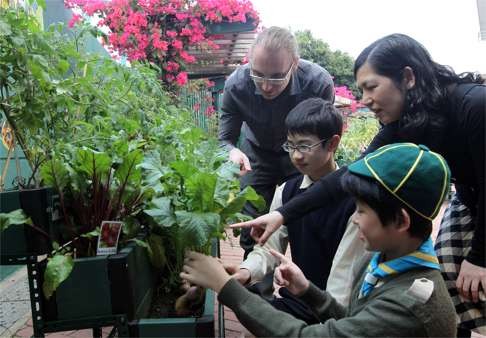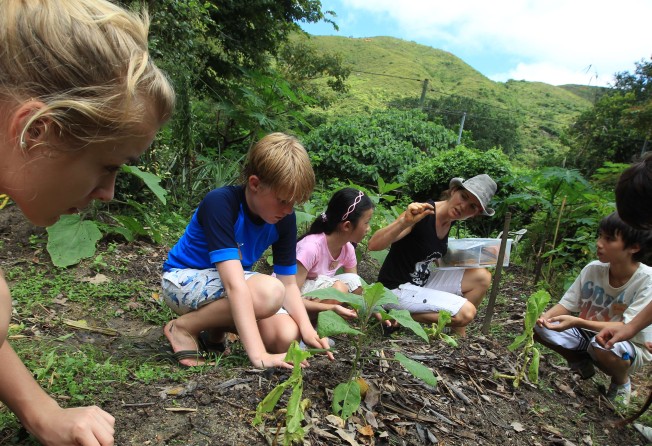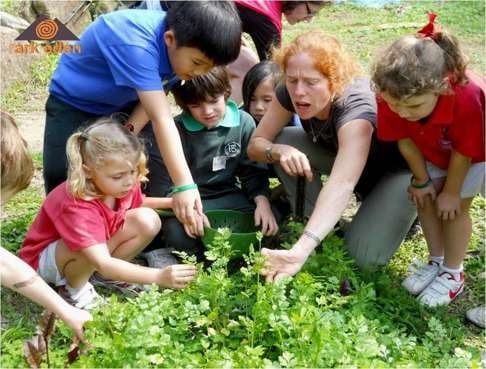
Why all Hong Kong schools should push nature-based learning
Exposure to the outdoors and hands-on experiences with nature are vital for children’s well-being and happiness and should be encouraged

My son is very physical and likes doing things outdoors. Last year his class set up and looked after a school garden, which he loved. But in Year 4 the project seems to have come to an end, and he misses it. Shouldn’t all schools give children these types of experiences as part of the curriculum?
Research shows that being in touch with nature boosts mental well-being and helps decrease stress levels. Sadly many children in Hong Kong are cooped up in flats much of the time. Some parents make an effort to take their children to the countryside while others are too busy or it simply never occurs to them.
Most school curriculums include nature-related studies such as learning about plant growth and food, including how crops get from field to table as well as other related issues such as nutrition, the effects of pesticides on human health and the challenges of feeding a huge population. However this type of learning can still be very classroom-based and having a school garden allows a more hands-on approach and, importantly, regular contact with plants. Children who love outdoors, like your son, particularly benefit from this. Also, young children typically explore the five senses at school and the sensory nature of gardening is excellent for this too.

These days many children think that foodcomes from supermarkets and rarely think deeper than this. Lack of exposure to any type of food production means they don’t consider the link between what they eat and where the food comes from.

School trips are an ideal opportunity for real interaction with nature. Projects such as Ark Eden on Lantau allow children to explore sustainable organic farming, tree planting and other environmental issues. It is extremely hands-on – digging, planting, watering, composting – the sort of experience your son would relish. Although the outdoors is not for everyone, some children discover passions for things they have never attempted before and it’s a great chance to get dirty and revel in the countryside. School camps are another good opportunity for pupils to get away from technology, do challenging physical activities and have time to think and appreciate the world around them.
Several organic farms around Hong Kong offer trips to educate students about plant growth, encouraging them to harvest and taste vegetables and fruit and learn how to make natural pesticides. Schools could be proactive in making links with organic restaurants to find out where their produce comes from and companies who design and make vertical or roof gardens around the region.
Just one daily contact with nature, as simple as tending and watering a plant, can increase our happiness levels. Hopefully schools will be creative to ensure that their students gain these opportunities within the curriculum they teach.
Julie McGuire was a teacher in a Hong Kong primary school